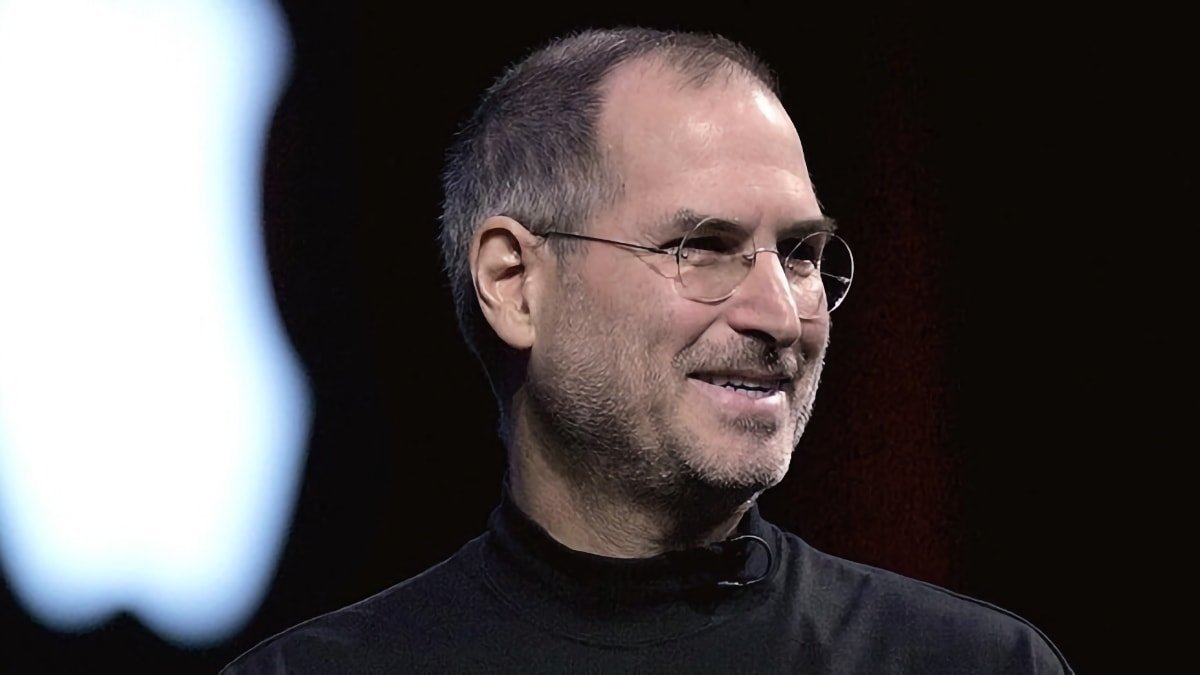Steve Jobs didn't tolerate yes-men, understood his influence at Pixar
Steve Jobs' personality led to some interesting events during his time at Pixar, including firing board of directors members for failing to disagree with him.

Steve Jobs
The managerial style of Steve Jobs can be described by some as abrasive, and strong-willed by others, during his time at Apple. It's also something that was apparent during his time at Pixar, with stories from Ed Catmull, co-founder of Pixar Animation Studios, which had Steve as a majority shareholder.
In an interview about Jobs for the Steve Jobs Archive released on Friday, Catmull and guests discussed the Apple co-founder's managerial style.
No to Yes Men
When talking about team values, Catmull brings up how the "Braintrust" at Pixar was "very intense," due to arguments about how to solve problems with a movie in development. The arguments aren't personal, he adds, and it's less about people insisting they're right and more about whether a bit in a movie works or not.
The need for discussion when there is a potential problem also resulted in an odd situation for Jobs, while Pixar was a public company. While the board is described by Catmull as being a "really lively group with very powerful, opinionated people," it wasn't quite right for Jobs.
Jobs fired two members from the board for the same reason, Catmull explains. The reason from Steve for the move was that they never disagreed with Jobs' opinion at all.
If they didn't disagree, they're not bringing anything to the company, the Pixar co-founder continued.
Holding back a strong personality
In another story, Catmull explains why Jobs wasn't involved with the Braintrust, which made decisions on films, at an early stage. The Braintrust was formed to provide feedback, as new directors joined the company.
However, it didn't work that well, as the feedback group was in the same building, so there was a loss of objectivity. The solution was to turn Steve Jobs into the feedback person.
Catmull asked Jobs to never attend a Braintrust meeting, too.
A rule of the meeting was that the most powerful people in the room must stay quiet for the first ten minutes, as anything they say would set the tone immediately and drown out other weaker voices. Steve was counted as one of these people, as it was apparently impossible for him to say anything at the meeting without changing the tone.
Jobs was aware of this problem and agreed not to attend meetings. However, he saw the movies at the times when the board of directors were also shown them, and under the steering committee when Pixar was owned by Disney.
He would provide feedback at that point, Catmull said, as he would become "an external force who has a vested interest" in the film succeeding.
During those screenings, Jobs would also talk to the director and producer afterwards. He would warn them "I'm not a film director. You can ignore everything I say," and he apparently meant it, according to Catmull, before giving reportedly powerful feedback.
What Jobs said to them was not anything that the Braintrust didn't say before, Ed remembers. But even so, what was said apparently felt like "a gut punch" at times.
Catmull believes that, in working in close proximity to the Braintrust, directors would learn to ignore each other and not hear the advice. Jobs, however, could not be ignored.
No advantage to being wrong
In a concluding story started off by filmmaker John Chu, a keynote for the iMac had Jobs admitting "We made a mistake" over not including a CD-R drive in the device. "We're like eight months behind the ball, but we're going to change that today," Chu recounts Jobs as stating.
Chu remembers watching and thinking that he hadn't seen Jobs admit to making a mistake in public like that. Catmull went on to explain that Jobs didn't see any advantage in being wrong, and therefore, an admittance was easy for him.
When others criticized Jobs over it, Catmull thought their complaints were wrong. "It's acknowledging it and fixing it quickly, that was his power," he declared.
While people generally thought they needed to be right to be a leader, Catmull said, the real thing to being a leader was the ability to change.
Read on AppleInsider


Comments